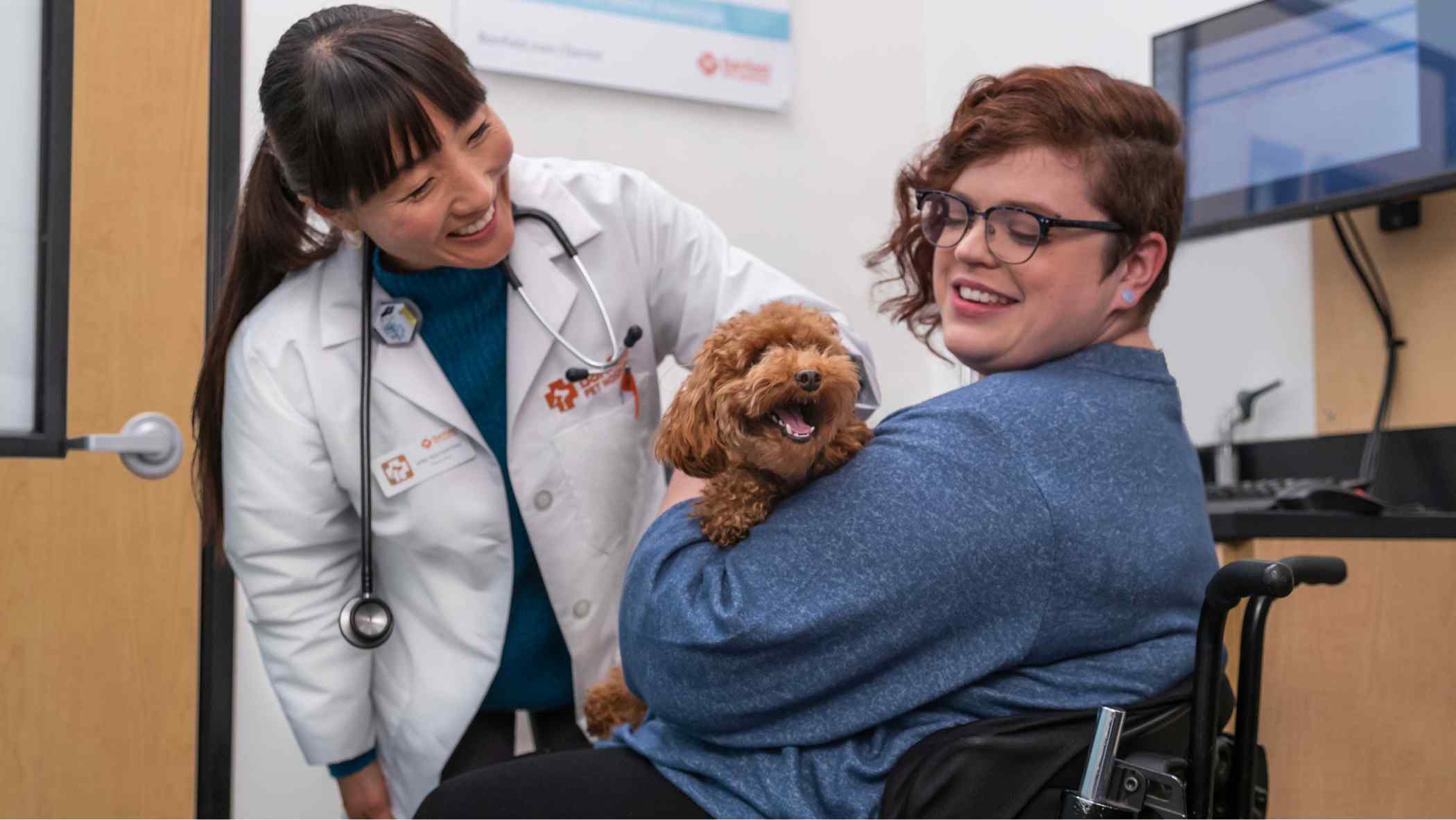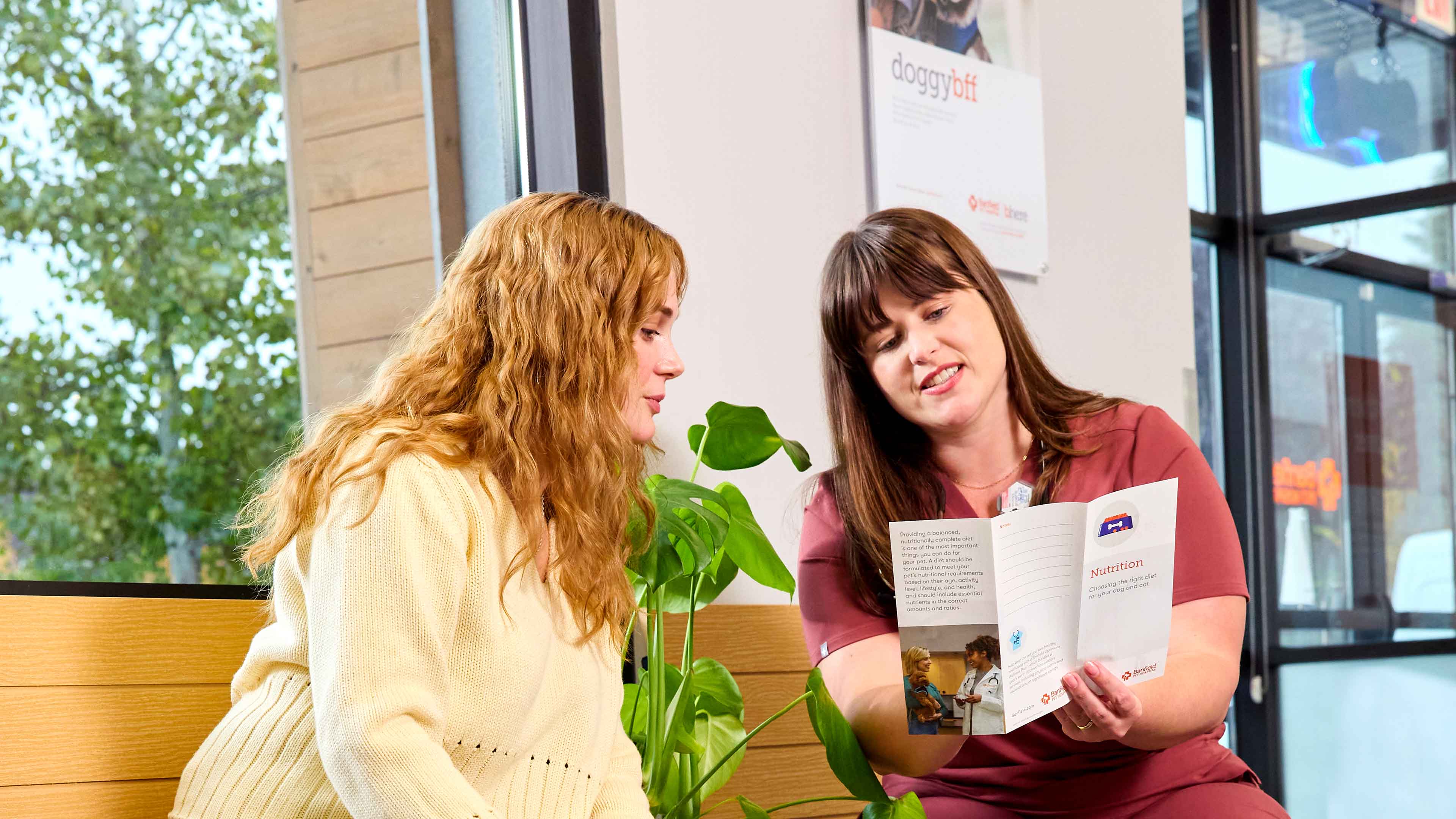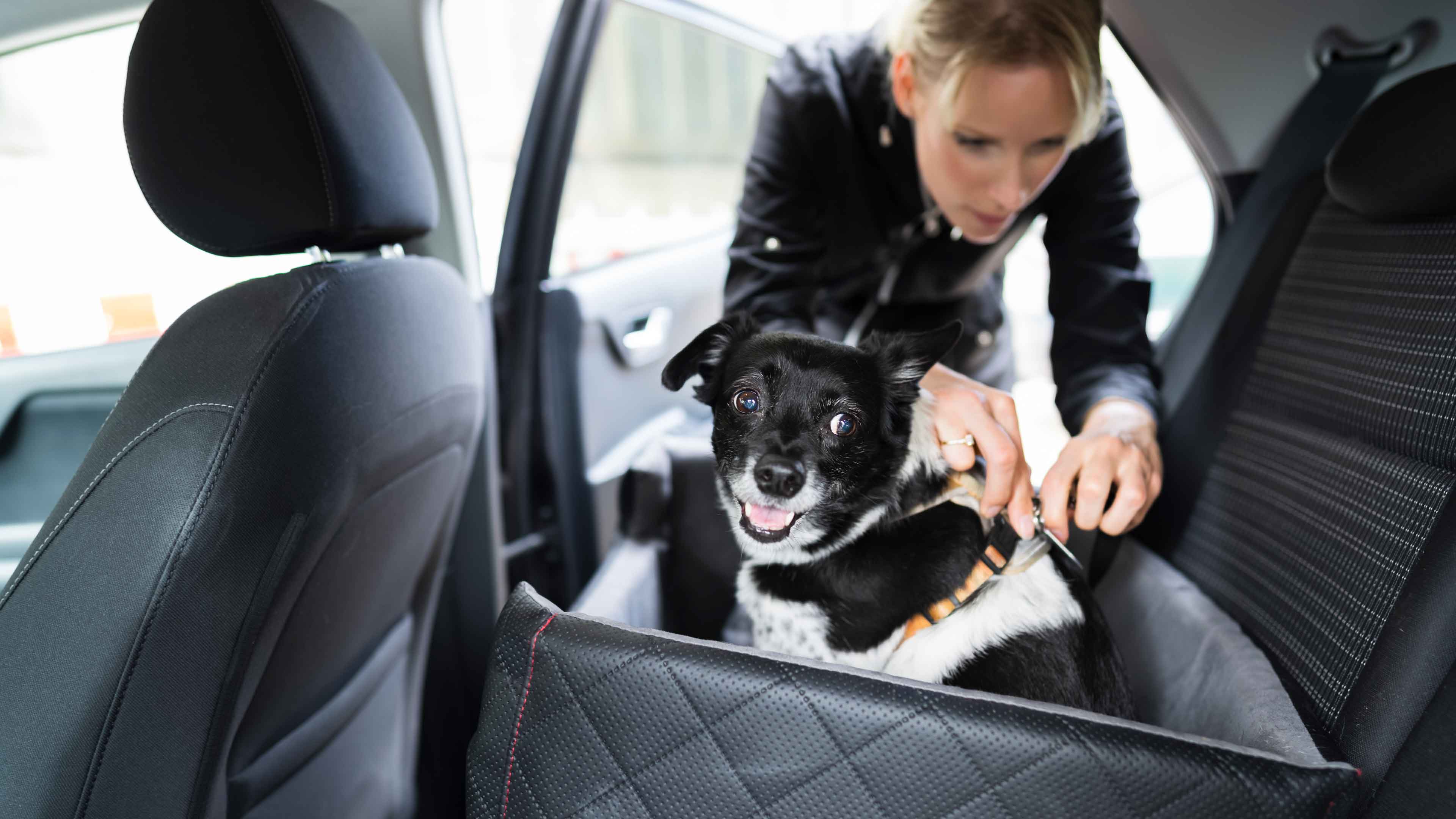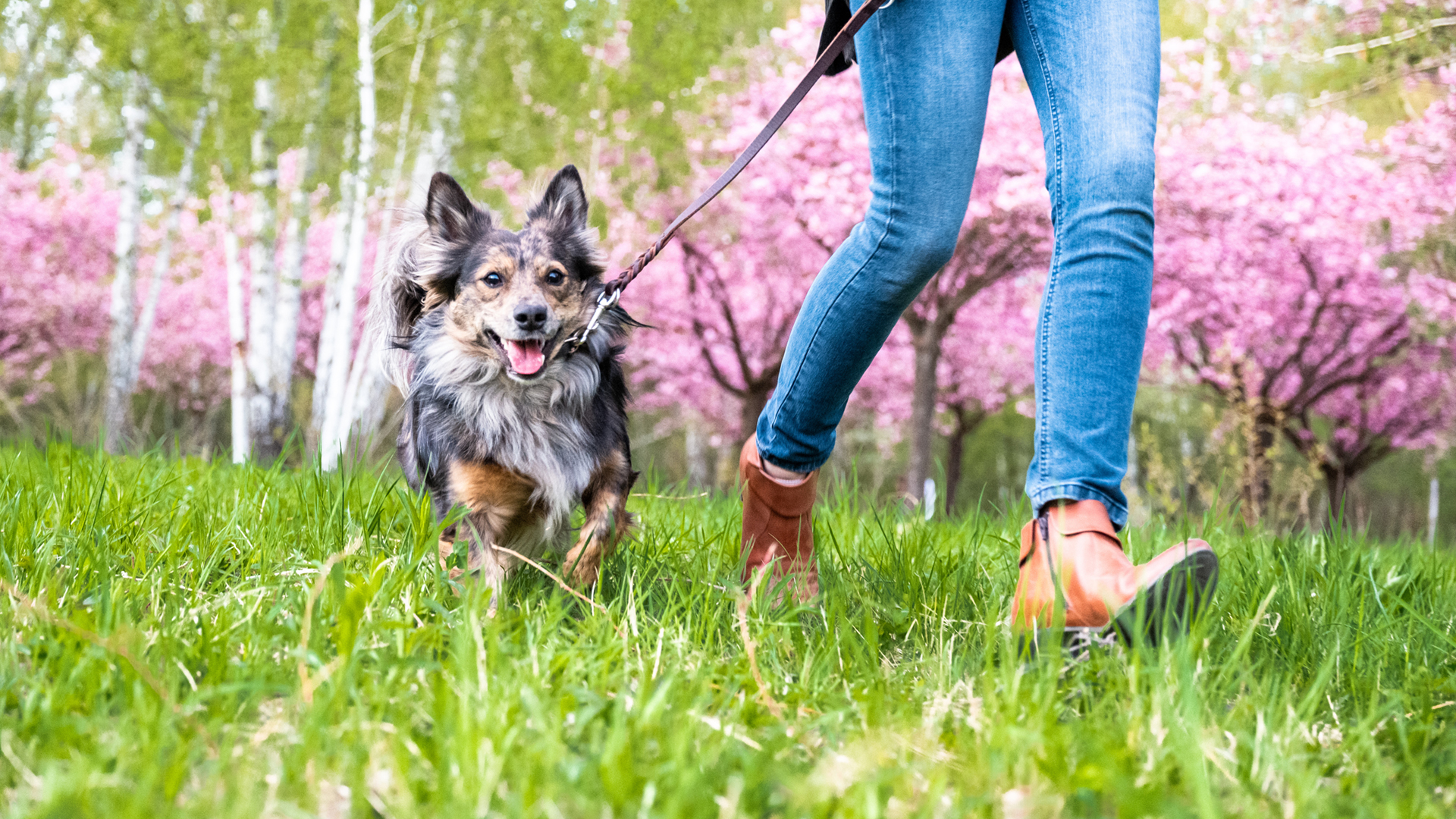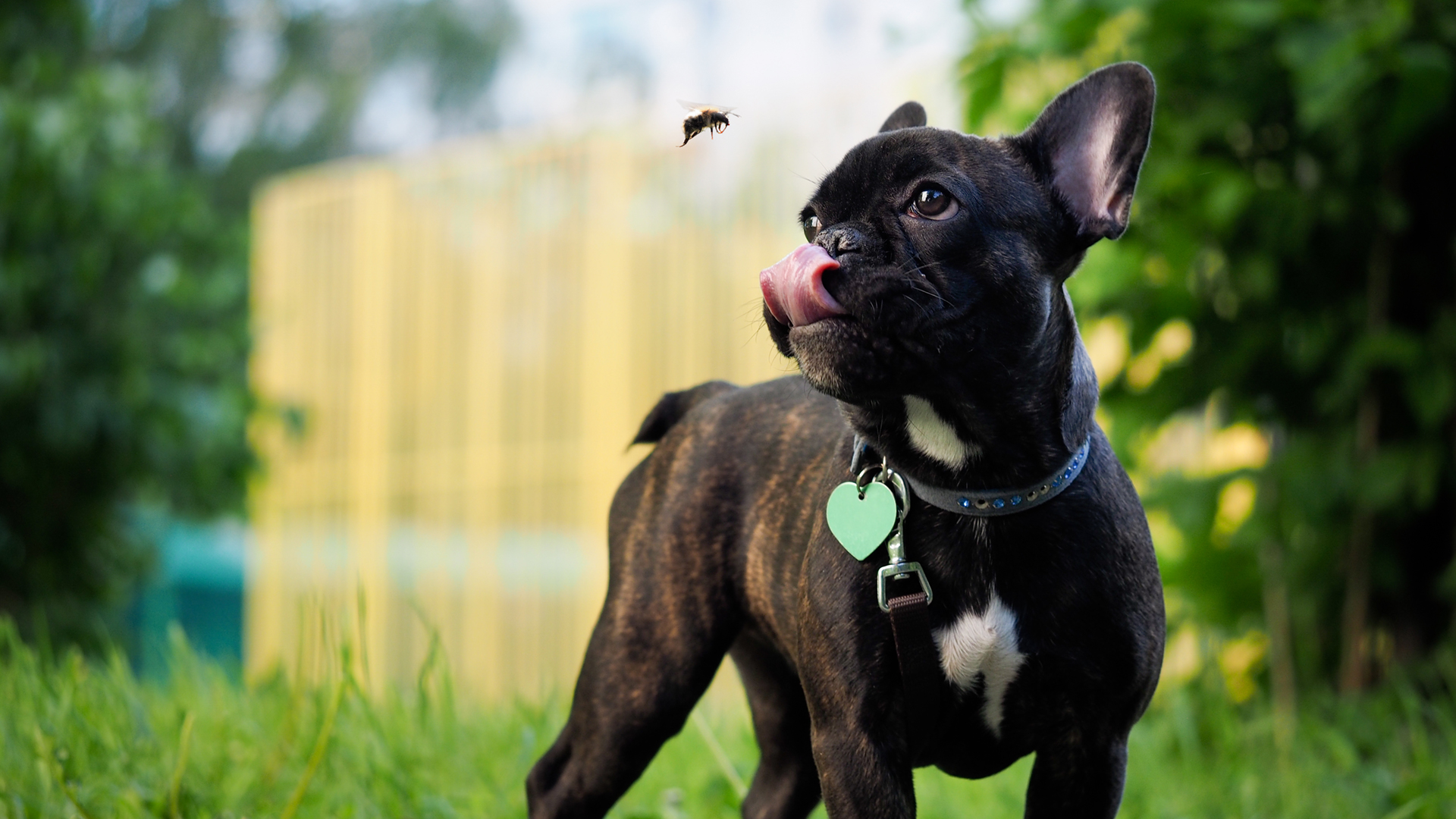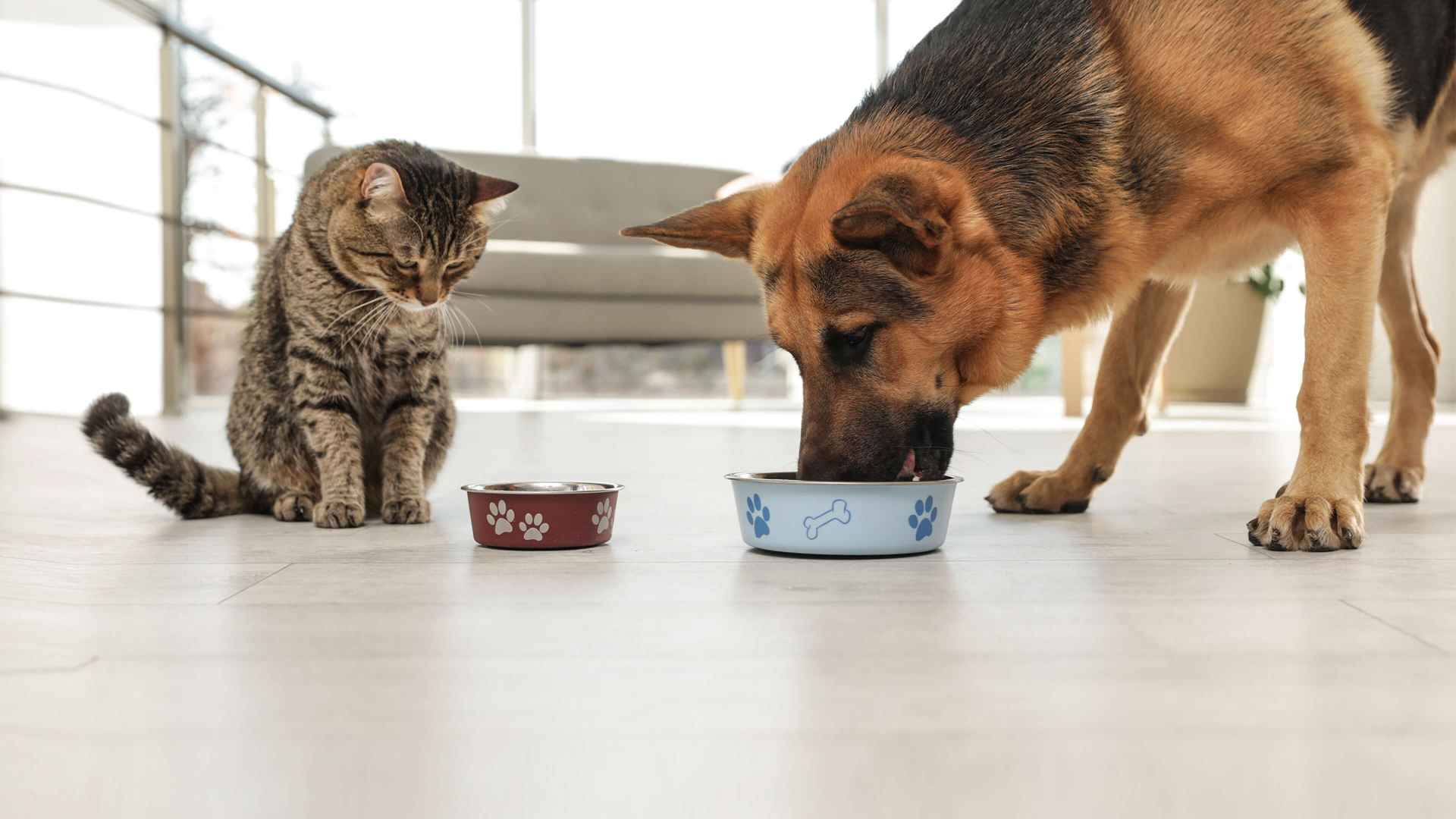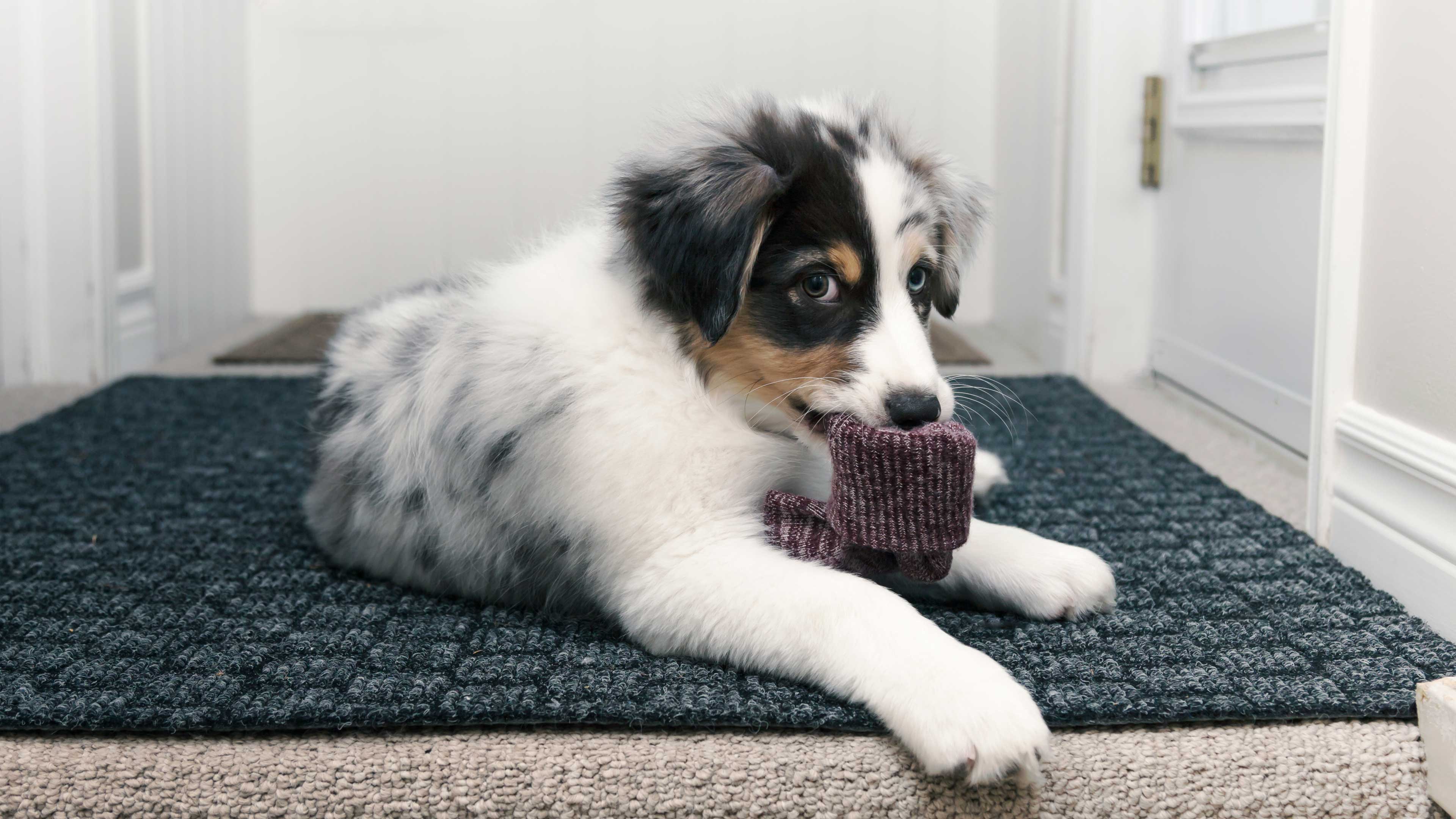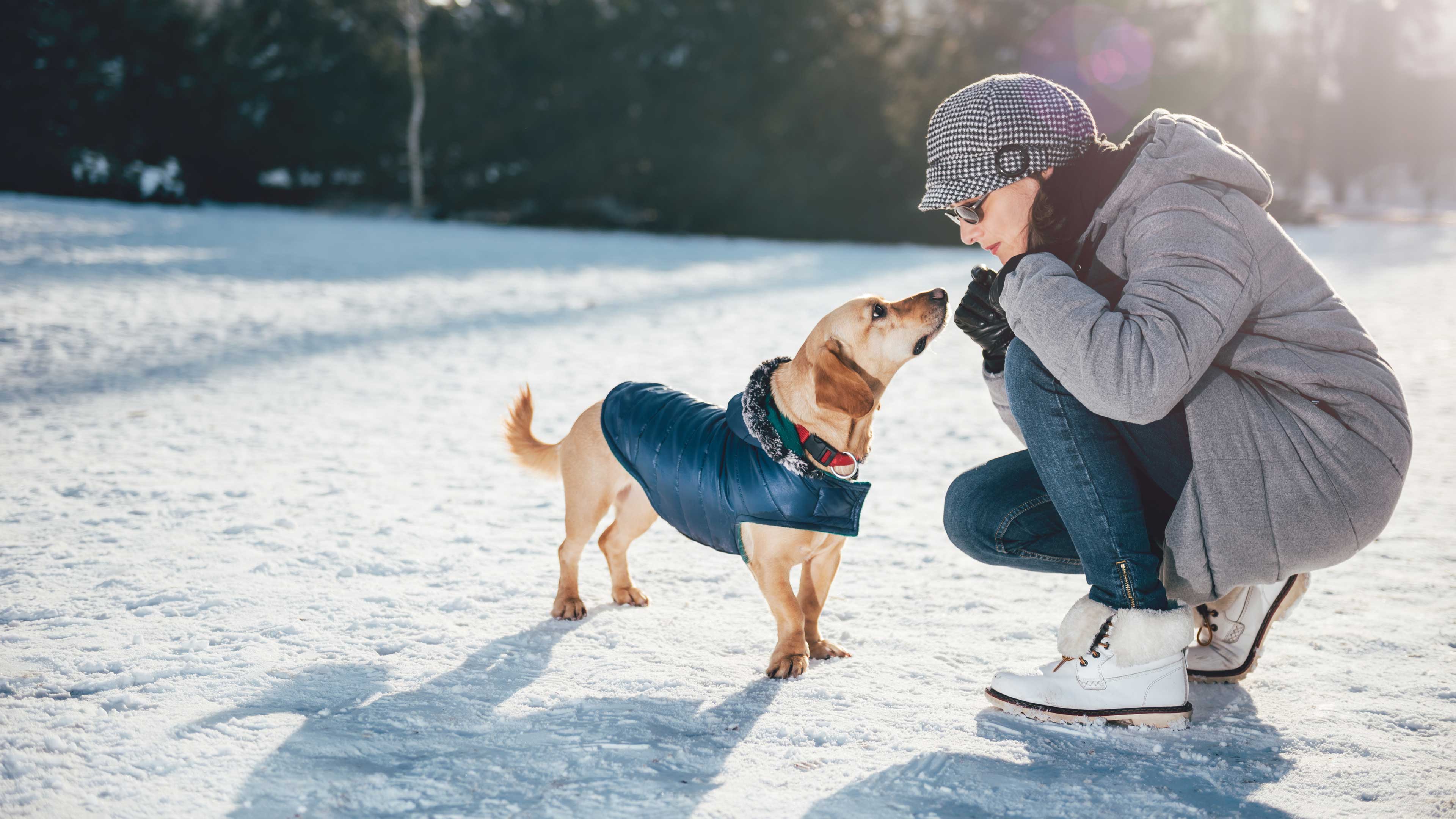the scoop on leptospirosis
You know when a disease is semi-difficult to pronounce it must be no good.
Leptospirosis is a disease caused by the bacteria Leptospira, which is transferred through animal urine often found in water or dirt. Doggies, and sometimes cats, can pick up the disease through infected water in their eyes, nose, mouth, or broken skin. They can also get it from drinking water or eating dirt that has the bacteria in it. Even moms can pass it to offspring! Though it’s uncommon, humans can contract the disease, but in this article we’ll focus on how it affects dogs and what you can do about it (hint, hint: there's a vaccine).
How do I know if my dog has this nasty disease?
There are several indicators on whether your pup has contracted leptospirosis. Here’s what to look out for:
- Drinking more water
- Lethargy
- Diarrhea
- Vomiting
- Muscle pain
- Lack of interest in food
- Weakness
- Signs of jaundice around mouth, eyes, or skin
- Bleeding around the mouth or eyes or in diarrhea or vomit
If your dog is showing any of these signs, take them to your local Banfield vet and share your concerns. We recommend wearing gloves as leptospirosis can easily spread. Your vet can test to see if your pet has been infected.
Ok, how serious is leptospirosis?
Leptospirosis can be VERY serious if not treated. Once the bacteria enters the blood, it travels to the liver and kidneys and can cause major damage, including kidney or liver failure. Sometimes leptospirosis may be fatal. If treated quickly, typically with antibiotics, your dog’s chances of not having permanent health effects are greater. We know this all sounds scary, but there’s good news about steps you can take for prevention.
So, how do I protect my pup (and myself)?
Make sure you and your pet avoid getting contaminated water or dirt in your mouth, eyes, nose, or cuts. Thanks to advancements in veterinary care, there's a vaccine for this icky disease. If you have concerns about your dog getting leptospirosis, talk to your Banfield vet about adding it to their vaccine schedule. Your vet can help determine if your pup is at risk. The leptospirosis vaccine may help reduce your dog’s chances of contracting certain strains of the bacteria for a year or more. Your Banfield vet can also help answer any of your lepto questions, administer the vaccine, or provide treatment. Stay safe and have a happy summer!
 Mites and mange
Mites and mange Podcast - Not Just Fluff
Podcast - Not Just Fluff
